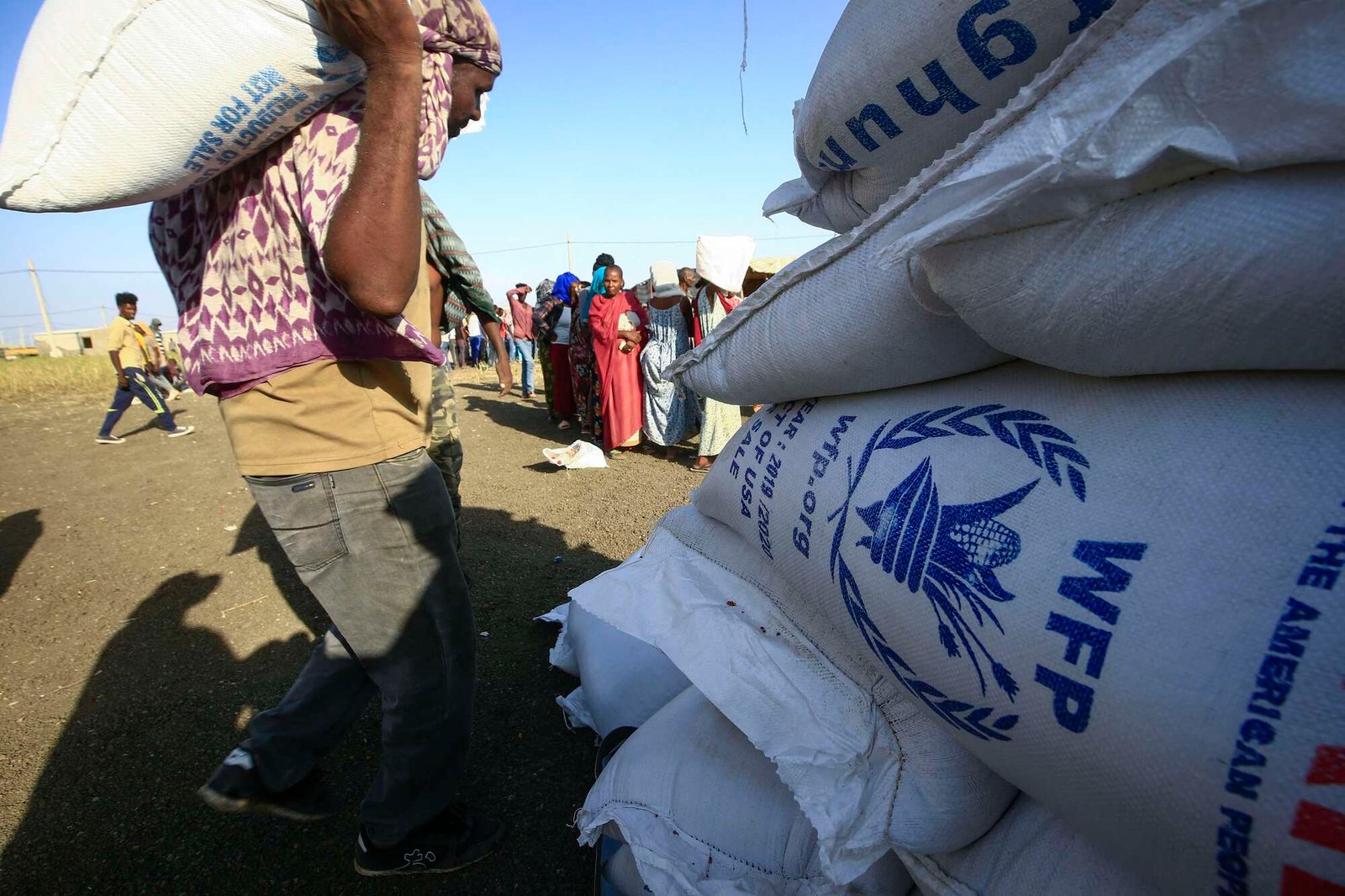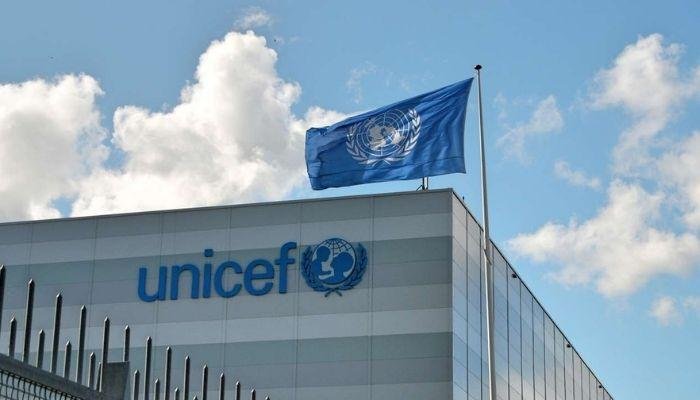The United Nations World Food Programme (WFP) has issued a stark warning about a record-breaking food crisis is engulfing West and Central Africa, with more than 52 million people, including millions in Nigeria, projected to face acute hunger during the upcoming lean season from June to August.
In Nigeria alone, millions are already struggling with soaring food inflation, displacement from violence, and devastating climate impacts.
“Without immediate funding, WFP will be forced to scale down even further—both in the number of people reached and the size of food rations distributed,” warned WFP’s Regional Director for West and Central Africa, Margot van der Velden in a report.
Supporting him, said WFP’s senior research adviser, Ollo Sib, “We hope that our voice will be heard because this food security situation in the Sahel remains extremely difficult and dire”.
Sib who spoke from Dakar added that the cost of food in parts of Mali has surged by 50 percent compared to the five-year average.
“Pastoralist communities can’t sell their livestock because they can’t access markets. It’s a deadly cycle,” Sib explained.
Across the region, more than 36 million people are currently unable to meet their basic food needs. That number is projected to jump sharply, placing immense pressure on humanitarian systems already stretched to their limits.
The situation is especially alarming in northern Mali, where 2,600 people are on the brink of catastrophic hunger, the highest level of food insecurity classification. In northern Ghana, communities are reeling from unprecedented droughts, with many farmers forced to replant crops up to three times, pushing them into deeper debt due to soaring costs of fertilizers and seeds.
Nigeria, Cameroon, and Chad are among the worst-hit by both conflict and food inflation, while over 10 million people have been displaced across the region, including two million refugees and asylum seekers in countries like Mauritania, Niger, and Chad.
The WFP has appealed for $710 million to sustain life-saving operations through October. The goal is to reach nearly 12 million people, but five million risk being cut off if funds don’t arrive urgently.
Since 2018, the UN agency has been investing in long-term solutions, including restoring over 300,000 hectares of land to support resilience across more than 3,400 villages. But the agency insists that without immediate action, the unfolding crisis could deepen to unprecedented levels.



